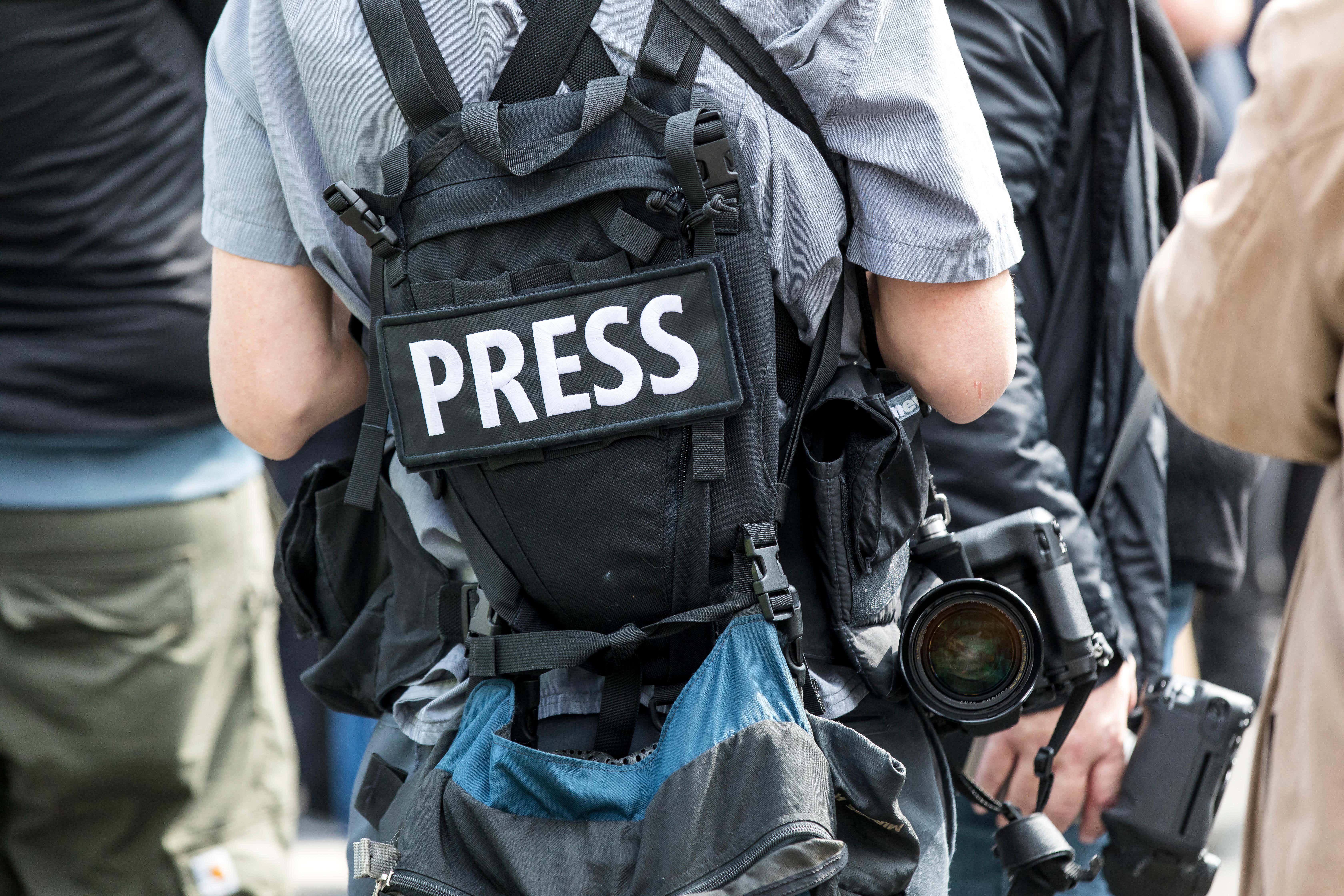Police must reject rules which would withhold names of suspects – media chiefs
Proposals by the College of Policing would see police forces no longer automatically name people charged with some crimes, including child sex abuse.

Media bosses have called for police to reverse “draconian” plans to keep the names of suspects accused of a raft of serious offences secret.
Proposed changes to the College of Policing’s media relations guidance state forces across England and Wales no longer “should” name those charged with crimes including indecent exposure, domestic violence or child sexual abuse, instead advising that individuals “can be named”.
The new advice suggests suspects are named only “where the crime is of a serious nature such as rape or murder” or where the incident has already been reported in the media or on social media sites.
But individual police forces could choose whether or not to name suspects for a wide range of crimes such as arson, grievous bodily harm and robbery.
The Society is deeply concerned that proposals contained within the revised guidance look set to place unprecedented restrictions upon the flow of information provided by the police to journalists
The new guidelines could also make it much harder for journalists to cover cases, as reporters need a defendant’s name to find details on their first court appearance.
Crime reporters have warned the changes could usher in a “new chilling era of secret justice”.
Concerns have previously been raised about a lack of transparency around some cases, including speeding offences, which are dealt with under the single justice system. This is a process where alleged crimes are dealt with on paper only and not in open court.
The Society of Editors, which represents about 400 national and regional media companies, has said any changes to the College of Policing’s guidelines must “strengthen” rather than “restrict” the public’s right to know.
Society of Editors executive director Dawn Alford said: “The Society is deeply concerned that proposals contained within the revised guidance look set to place unprecedented restrictions upon the flow of information provided by the police to journalists.
“Misplaced concerns around data protection and defendants’ privacy rights are being used as a basis to allow forces to choose which criminal charges they confirm to the media and non-custodial penalties such as fines, out of court disposals and cautions, could become non-verifiable with press officers.
“A successful working relationship between the police and the media remains essential to policing legitimacy in the UK and the Society remains in dialogue with the College of Policing to reverse these draconian proposals and strengthen, rather than restrict, the public’s right to know.”
The Society added the driving force for the change in guidelines is understood to be making sure guidance is compatible with data protection law.
The proposed changes also tell forces they “must consider their data protection obligations as well as the need for open justice and transparency”.
Rebecca Camber, chair of the Crime Reporters Association, said: “We fear this guidance could usher in a new chilling era of secret justice.
“This would allow police forces to cherry pick what criminal charges they release.
“It is a significant threat to the principles of open justice.
“The notion that forces ‘should be more inclined’ to release charging information because it has appeared on Twitter or because it is a more serious crime, runs contrary to the fundamental fairness of our criminal justice system and democracy.
“What about cases which haven’t already been reported in the media, do they now remain secret as a result?
“If police forces have the power to choose which criminal charges they can release, what is to stop them hushing up the prosecution of police officers?
“The Casey review serves as a timely reminder of the importance of transparency and accountability for police forces.”
News Media Association chief executive Owen Meredith said: “We are deeply concerned by these proposed changes which would weaken the flow of information from police forces to the general public, undermining the public right to know.
“Professional guidance must create a framework to help and support police officers in achieving a good relationship with the media, rather than erecting new barriers that entrench secrecy.
“We urge the College of Policing to work with publishers and editors through constructive consultation to establish guidance which enables the public to fully see and understand the important work of our police forces.”
A College of Policing spokesman said: “A successful working relationship between the police service and the media is vital. Guidance is in place to support the relationship between the media and police forces and was previously developed working with the media.
“The guidance requires updating following the introduction of new data protection legislation. We are working with the Society of Editors, the Crime Reporters Association and the Information Commissioner’s Office to develop new guidance which will be published soon.”
Bookmark popover
Removed from bookmarks